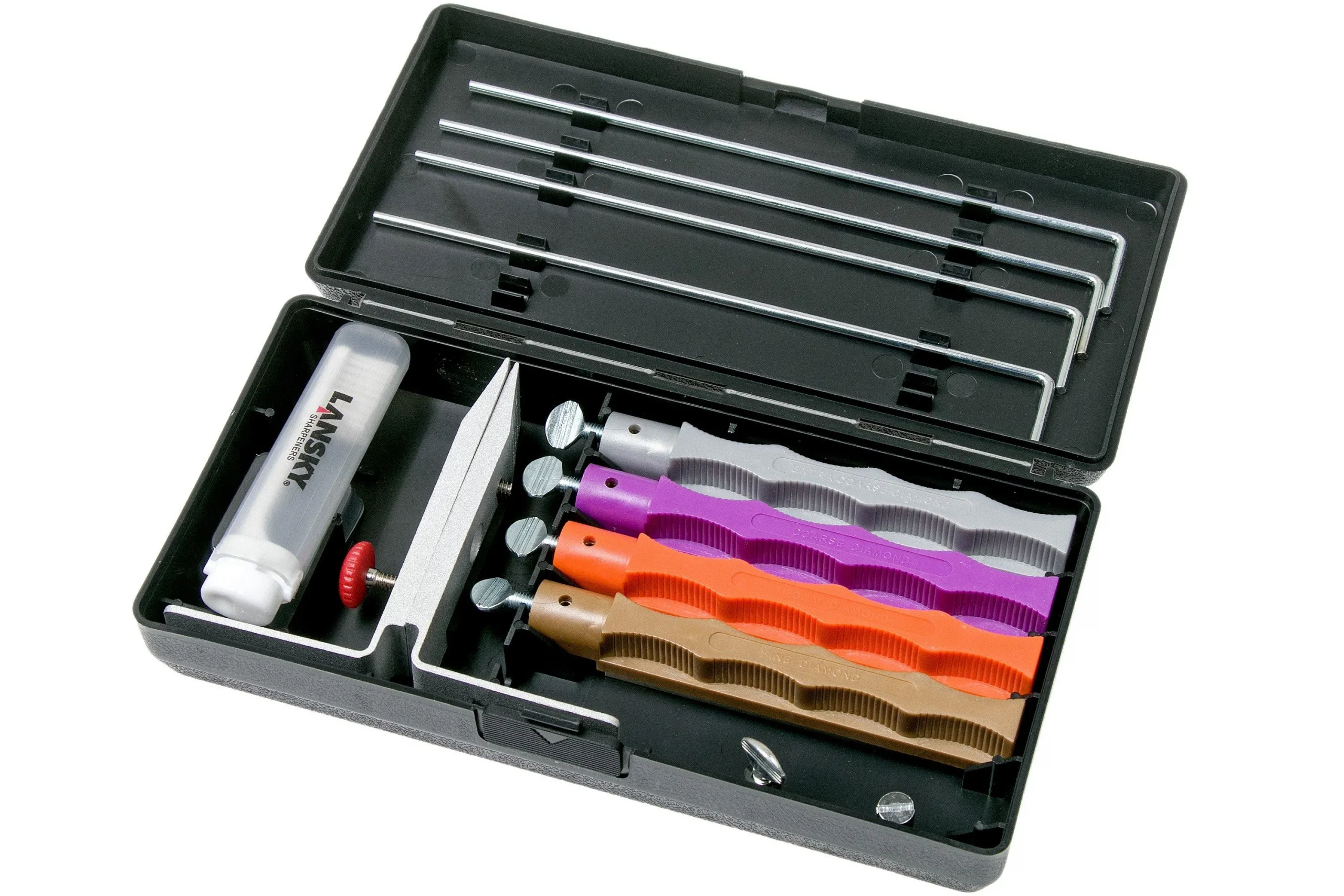do it yourself
EDC
kitchen
knife
outdoor
sharpener
tips and tricks
affila i tuoi coltelli, affilatura coltelli, affûtage de couteaux, affûte tes couteaux, afiamento de facas, afie suas facas, afila tus cuchillos, afilado de cuchillos, Aluminiumoxid, aluminum oxide, alüminyum oksit, asta in ceramica, barra de cerámica, bileme aletleri, bıçak bileme, bıçaklarını bile, butcher knives, carbeto de silício, carbure de silicium, carburo de silicio, carburo di silicio, ceramic rod, coltelli da cucina, coltelli da macellaio, cooking tools, couteaux de boucher, couteaux de cuisine, cuchillos de carnicero, cuchillos de cocina, culinaire, culinária, culinario, culinary, Diamantstein, diamond stone, doğal taş, edge retention, elmas taşı, facas de açougueiro, facas de cozinha, ferramentas de afiar, ferramentas de cozinha, haste de cerâmica, herramientas de afilado, herramientas de cocina, Kantenerhalt, kasap bıçakları, kenar tutma, Keramikstab, kitchen knives, knife sharpening, Kochwerkzeuge, Küchenmesser, kulinarisch, Messer schärfen, Metzger Messer, mutfak bıçakları, mutfak gereçleri, mutfak sanatı, natural stone, Naturstein, ossido di alluminio, outils d’affûtage, outils de cuisine, óxido de alumínio, óxido de aluminio, oxyde d’aluminium, pedra de diamante, pedra natural, piedra de diamante, piedra natural, pierre diamant, pierre naturelle, pietra diamantata, pietra naturale, retenção de fio, retención de filo, retention de tranchant, ritenzione del filo, schleife deine Messer, Schleifwerkzeuge, seramik çubuk, sharpen your knives, sharpening tools, silicon carbide, silisyum karbür, Siliziumkarbid, strumenti per affilare, tige en céramique, utensili da cucina, алмазный камень, заточи свои ножи, заточка ножей, инструменты для заточки, карбид кремния, керамический стержень, кулинария, кухонные ножи, кухонные принадлежности, мясные ножи, натуральный камень, оксид алюминия, удержание режущей кромки, أدوات مطبخ, سكاكين, شحذ, شحذ السكاكين, चाकू चोखा, चाकू तेज करना, धार, रसोई उपकरण, アルミナ, エッジ保持, キッチンナイフ, シリコンカーバイド, セラミックロッド, ダイヤモンドストーン, ナイフを研ぐ, 刀具, 包丁研ぎ, 厨房工具, 天然石, 料理, 料理道具, 研ぎ工具, 磨刀石, 肉屋のナイフ, 锋利, 다이아몬드 스톤, 산화 알루미늄, 세라믹 막대, 실리콘 카바이드, 엣지 유지, 연마 도구, 요리, 요리 도구, 정육점 칼, 주방칼, 천연석, 칼 연마, 칼을 연마하세요
9M2PJU
0 Comments
How to Choose the Best Sharpening Tools: Understanding Edge Retention and Sharpening Materials
Keeping your knives razor-sharp is essential for both safety and performance in the kitchen or at the butcher’s block. But with so many sharpening tools available, how do you choose the best one? The secret lies in understanding the materials that make up sharpening tools and why they matter for edge retention and sharpening effectiveness.
In this post, we’ll explore the top sharpening tool materials and explain why each one is suited for specific sharpening needs. Whether you’re a professional chef, a home cook, or a butcher, this guide will help you choose the right sharpening tool to keep your blades in peak condition.
Why Material Matters in Sharpening Tools
The material of your sharpening tool determines:
- How quickly it removes metal from the blade — harder abrasives cut faster.
- The level of control and precision you get — finer abrasives allow for delicate edge refinement.
- Durability and maintenance — some materials last longer and need less upkeep.
- Suitability for different steel types — hard steels require harder abrasives for effective sharpening.
Matching the right abrasive material to your knives and sharpening style makes all the difference in achieving and maintaining a sharp edge.
Top Sharpening Tool Materials and Why They’re Best
1. Diamond: The Ultimate Fast Cutter
Diamond is the hardest natural material, making diamond sharpening stones incredibly effective at quickly reshaping and sharpening even the toughest steel blades.
- Fast cutting: Cuts through hard or damaged edges quickly, ideal for repairing dull or chipped knives.
- Long-lasting: Retains a flat surface without wearing down easily, reducing the need for flattening or replacement.
- Versatile: Works on all types of steel, including hard Japanese and high-carbon blades.
Best for: Professionals or anyone needing to restore very dull or hard blades fast.
2. Ceramic: Perfect for Daily Honing and Polishing
Ceramic rods and stones provide a fine abrasive surface that’s gentle on blades.
- Gentle edge maintenance: Removes very little metal, ideal for regular honing without reshaping.
- Polishing power: Smooths microscopic burrs to create a razor-sharp finish.
- Durable: Long-lasting with proper care and easy to use for quick touch-ups.
Best for: Daily edge upkeep and fine polishing to keep knives razor sharp.
3. Silicon Carbide (Carborundum): Affordable and Fast
Silicon carbide stones are hard synthetic abrasives known for their aggressive cutting ability.
- Fast metal removal: Great for restoring moderately dull or damaged knives.
- Budget-friendly: Offers excellent value and wide availability.
- Effective on most steels: Though they wear faster than diamond stones, they are a popular choice for home sharpening.
Best for: Beginners or those seeking quick and affordable sharpening solutions.
4. Aluminum Oxide: The Balanced Performer
Aluminum oxide is commonly found in many synthetic sharpening stones and belts, offering a middle ground between aggressive and gentle sharpening.
- Moderate cutting speed: Allows good control without sacrificing sharpening speed.
- Good edge finish: Produces sharp edges with a smooth finish.
- Durable and accessible: Widely used and reliable for general sharpening needs.
Best for: Everyday sharpening with a balance of speed and edge quality.
5. Natural Stones (Arkansas, Japanese Water Stones): For Fine Finishing
Natural stones provide unique abrasive qualities prized by sharpening enthusiasts.
- Unique textures: Offer subtle sharpening and polishing effects not easily replicated by synthetic stones.
- Exceptional polish: Create ultra-smooth, razor-sharp edges.
- Traditional appeal: Loved for their craftsmanship and heritage.
Best for: Final edge refinement and polishing to achieve the sharpest, smoothest finish.
Choosing the Right Sharpening Tool for Your Needs
| Purpose | Recommended Material | Why |
|---|---|---|
| Fast edge repair | Diamond, Silicon Carbide | Quick metal removal, reshaping |
| Daily edge maintenance | Ceramic | Gentle honing, polishing |
| Balanced sharpening | Aluminum Oxide | Good control and finish |
| Fine edge polishing | Natural stones, Ceramic | Ultra-smooth, razor sharp finish |
Final Thoughts
The key to maintaining knives with excellent edge retention is choosing sharpening tools made from materials suited to your blades and sharpening habits. Diamond stones offer unmatched speed and durability, ceramic rods keep edges polished day-to-day, and silicon carbide stones provide a budget-friendly option for quick fixes. Aluminum oxide stones deliver balanced sharpening, while natural stones excel at putting the final polish on your edge.
By understanding the strengths of each material, you can keep your butcher knives and kitchen blades performing at their best for years to come.







Post Comment